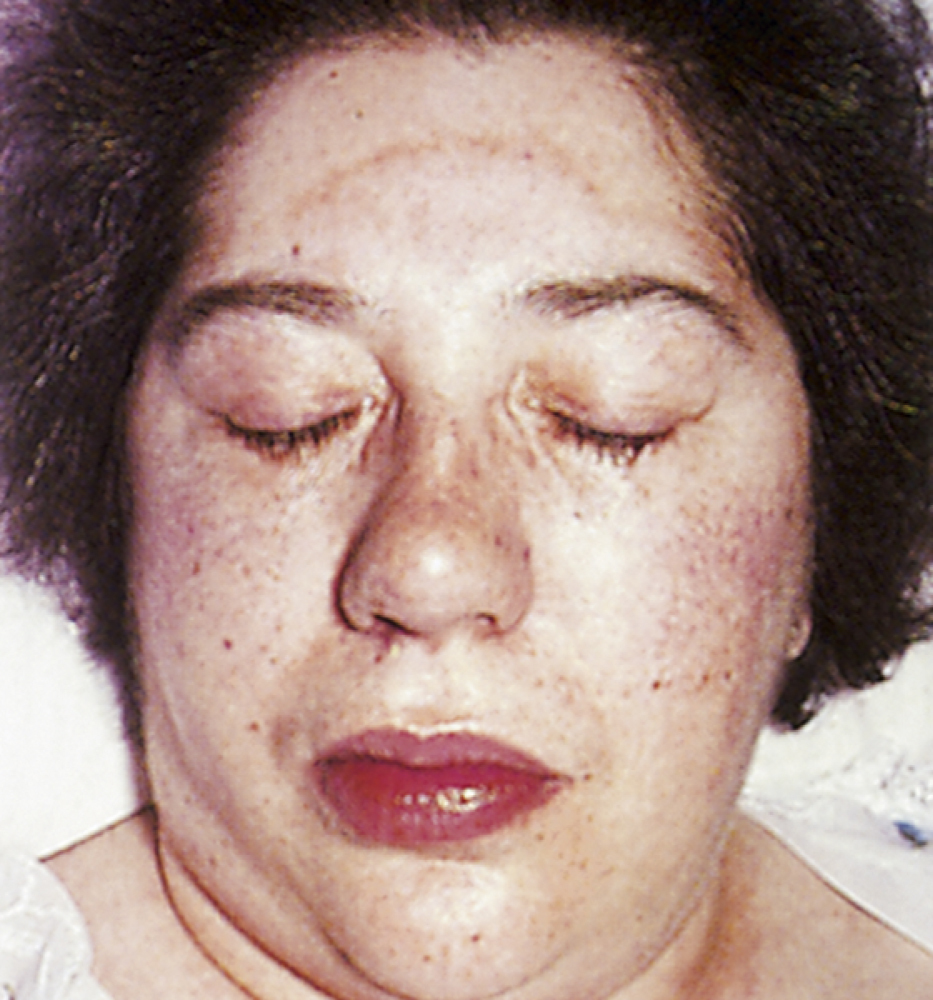Addison’s disease [Thomas Addison] , a life-threatening condition caused by partial or complete failure of adrenocortical function, often resulting from autoimmune processes, infection (especially tubercular or fungal), neoplasm, or hemorrhage in the gland. All three general functions of the adrenal cortex (glucocorticoid, mineralocorticoid, and androgenic) are lost. Also called Addison’s syndrome. See also adrenal crisis. ▪ OBSERVATIONS: The disease is characterized by increased bronze pigmentation of the skin and mucous membranes; weakness; decreased endurance; anorexia; dehydration; weight loss; GI disturbances; salt cravings; anxiety, depression, and other emotional distress; and decreased tolerance to physical and emotional stress. The person’s requirements for glucocorticoid, mineralocorticoid, and salt are increased by stress, as in infection, trauma, and surgical procedures. The onset is usually gradual, over a period of weeks or months. Laboratory tests reveal abnormally low blood concentrations of sodium and glucose, a greater than normal level of serum potassium, and a decreased urinary output of certain steroids. The diagnosis is established if the amount of cortisol in the plasma and steroid in the urine does not increase after stimulation with adrenocorticotropic hormone. ▪ INTERVENTIONS: Treatment includes replacement therapy with glucocorticoid and mineralocorticoid drugs, an adequate fluid intake, control of sodium and potassium balance, and a diet high in complex carbohydrates and protein. Follow-up care includes continued administration of glucocorticoid drugs. ▪ PATIENT CARE CONSIDERATIONS: Complications include high fever, confused behavior, and adrenal crisis. With careful management, the patient’s resistance to infection, capacity for work, and general well-being can be maintained. Nursing care includes administering corticosteroids and other drugs, observing the patient for signs of abnormal sodium and potassium levels, monitoring body weight and fluid intake and output, and encouraging adequate intake of nutrients. The patient also needs protection against stress while in the hospital and instruction in the importance of avoiding stress at home. The significance of emotional distress, the value of wearing a Medic Alert bracelet or tag, the signs of impending crisis, the use of a prepared kit for emergencies, and the importance of scrupulous attention to drug and diet regimens are emphasized before discharge. Discharge teaching also emphasizes the need to take cortisone after meals or with milk to prevent gastric irritation and the development of ulcers.

